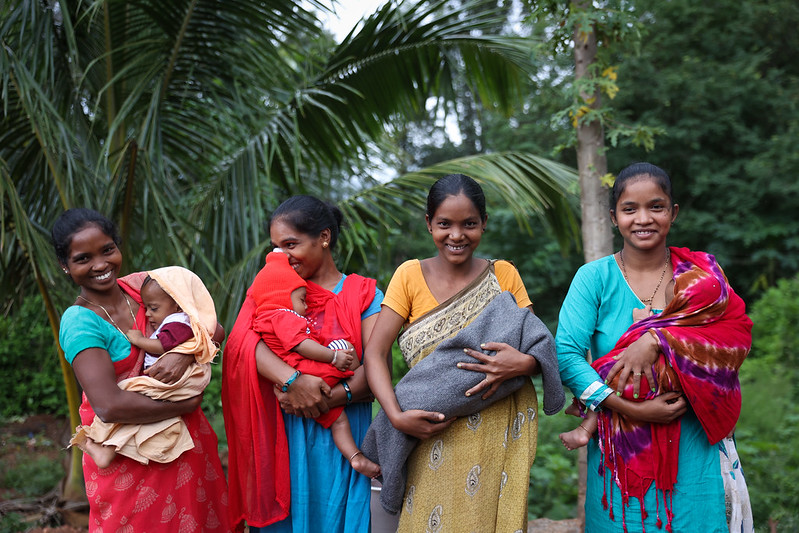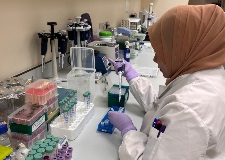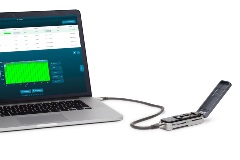Project Partner: American India Foundation
Geographies: 11 tribal mandals of Alluri Sitarama Raju (ASR) district in Andhra Pradesh, India
What is the core idea of the pilot?
While India has made significant strides in reducing maternal and child mortality, it is estimated that 700,000 to 1,000,000 children die before the age of 5 (UN, 2022). These figure are concentrated in hard-to-reach tribal areas with poor socio-economic conditions. Timely identification of high-risk conditions, home-based management by front-line health workers (FLWs), and prompt referral could prevent most of these deaths.
The American India Foundation (AIF) has been implementing the maternal, child, and adolescent health interventions (MANSI) programme in 2 subdistricts in Andhra Pradesh. Given demonstrated success in reducing mortality rates and improving key health outcomes, it is proposed that MANSI be scaled up to 11 mandals impacting 290,000 beneficiaries directly and bringing wider community benefits to more than 600,000.
Why is this innovative?
While the project activities stay largely within the scope of the successful MANSI pilots in the original 2 subdistricts, the scale up will test the following innovations:
- Point of care diagnosis at home or in the community to identify high risk cases
- Birth waiting homes to facilitate women’s early travel from remote areas 1-2 weeks prior to EDD
- Ultrasound services to be provided, particularly before 24 weeks
- Integration of successful interventions into government health planning and budget
What will success look like?
The overall goal of MANSI is to reduce neonatal and under-five mortality, contributing to reduced maternal mortality and improvement of adolescent health status among marginalized tribal populations in Andhra Pradesh.
- 25% reduction in Neonatal Mortality Rate
- 20% reduction in Under-five Mortality Rate
How will success be achieved?
Activities to improve maternal and child health outcomes will be undertaken to achieve the following 4 project objectives. Output and outcome indicators have been developed for each objective.
1. Build capacity of front-line health workers in the provision of home-based care for newborns, infants, and children under five years of age
2. Enhance the nutritional status of pregnant and lactating women, and children under five years
3. Empower adolescent girls with information on reproductive health and rights, and to address high incidence of anaemia
4. Raise awareness in the community about the risks of teenage pregnancy, safe motherhood practices, breastfeeding, and the benefits of birth-spacing, amongst others
A management information system will be established to collect real time data and a live dashboard created to track progress and to make program decision. Third-party evaluation will be carried out at baseline, midline, and endline; findings will be shared for replication and scale-up.
Who is leading the project?
American India Foundation (AIF) is committed to improving the lives of India's underprivileged with a special focus on women, children, and youth. AIF has impacted the lives of 18.8 million of India's poor across 35 States and Union Territories of India.
Pioneering the country's first large-scale home-based care program, the program since its inception in 2009, has impacted over 1,248, 431 direct beneficiaries in 8 states. Our teams comprise of technical experts and professionals who are national and state trainers for the Home - based care model. Leveraging existing government partnerships will enhance the effectiveness of the project activities, instilling confidence in the achievability of outcomes.
AIF also has bilateral agreements with committed grassroot non-profit organizations that have the capability of project execution and AIF continues to have a rigorous monitoring mechanism to oversee the project’ progress and ensure compliance and governance.






